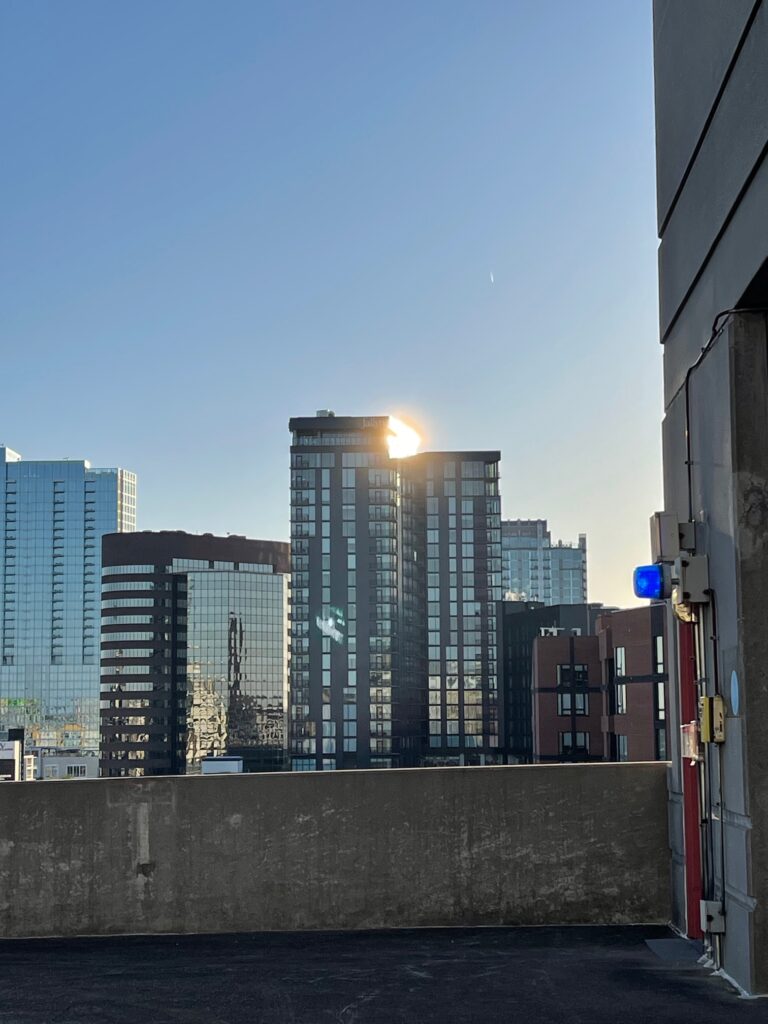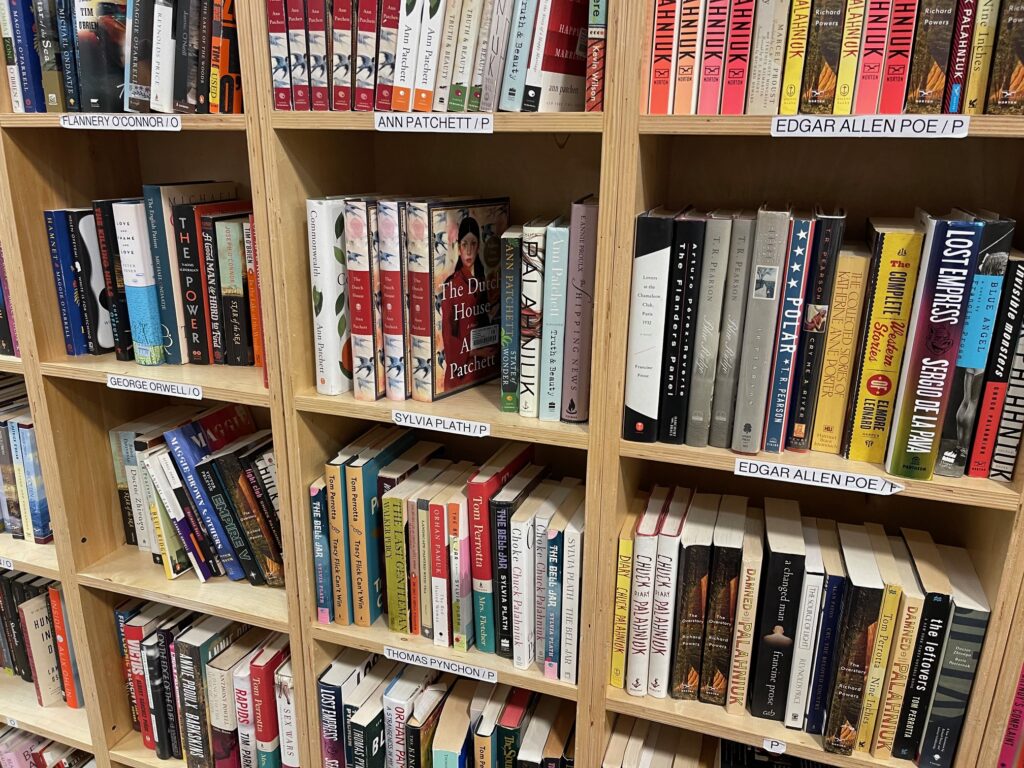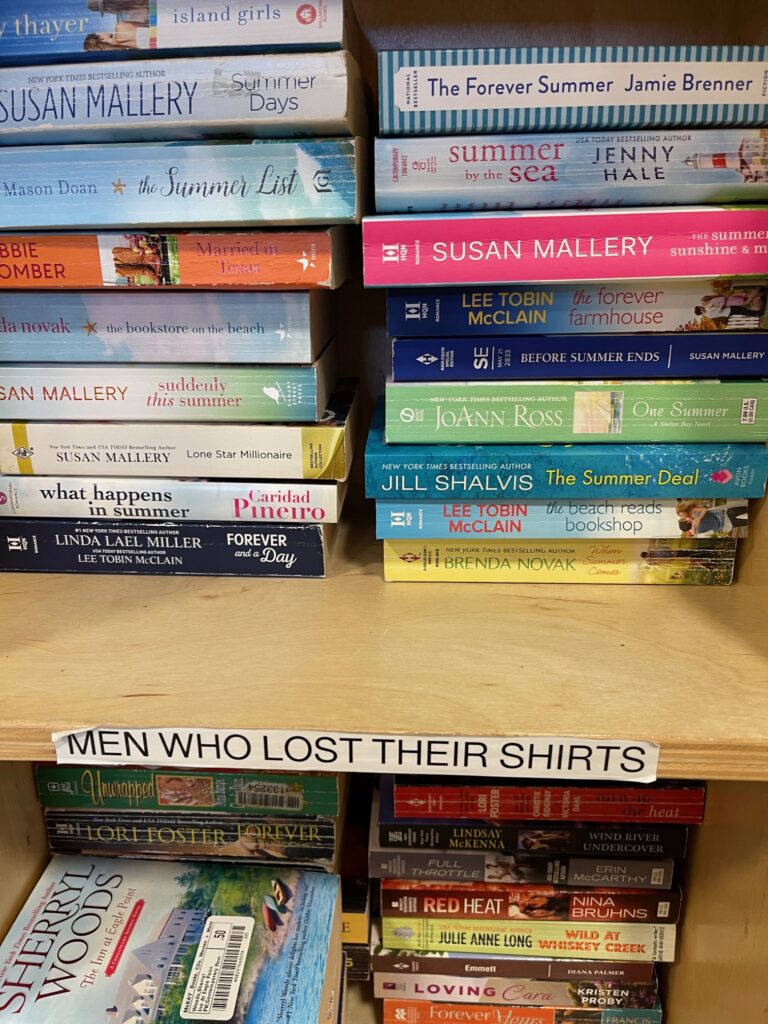Making A Scene.

When I photograph street art I never think of myself as making art; I think I’m merely documenting someone else’s work. I know it’s much more complicated than that. After all I’m choosing how to frame the work I’m photographing, choosing the camera, even if it is just my phone, the distance between me and the work. Sometimes I crop the image, and if altering a picture isn’t an artistic process I don’t know what is. There are also other factors like the ambient lighting that I can’t control—or that I could partially control by choosing to come back at another time. Nature photographers sometimes try to capture their subjects either at sunrise or sunset, considering the lighting optimal at those times.
So I recognize that the pictures I take of other people’s art are, themselves, art, but I try not to think of them that way. After all I’m looking at the art critically—not in a negative sense, but I’m trying to understand what the artist was trying to convey. Because it’s street art I have no way to talk to the artists. It’s their work that speaks for itself, and I like it that way. Some artists are happy to describe their work, the inspiration, what they meant by it, but I enjoy it when an artist just puts the work out there and leaves it up to us to understand it, to decide what it means.
I’m breaking my own rule a bit here, though. I found this red balloon when I was out for a walk and decided to put it next to the red building, among the green plants, next to the red No Parking sign. I made this little scene—sort of. The balloon was out on the street. I have no idea where it came from, and the red building—Gilda’s Club—just happened to be near where I found it, as did the sign and the plants. All that got me thinking about how much art is a result of coincidences. I know some artists dismiss or downplay inspiration. They talk about how much time they spend learning skills, honing their craft, all of it so they can be ready when inspiration strikes to make the most of it. I haven’t really studied photography but I’ve spent a lot of time looking at art and studying things like composition and I feel like all that was preparation that allowed me to take advantage of this confluence of events to make a picture.
As for what it means I leave that up to you.

 Internet spam, not to be confused with the pork product, has been something I’ve dealt with almost as long as I’ve had an email account, and I think everyone else has had the same problem. I don’t remember when exactly I first got the first forwarded message warning me that the post office was going to start charging people two cents for every email sent—how they’d do this or how it would be applied outside the United States was never clear—but it was forwarded and re-forwarded to me so many times I think of it as an early example of spam. The same is true of warnings about the “Good Times” virus—supposedly a virus that would be sent via email and if you clicked the subject line it would erase your hard drive, melt your computer, send an endless stream of “Yo momma’s so fat” joke to your boss, clean out your refrigerator, and dress your pets in provocative outfits. So many warnings got sent to me and others about it that finally someone I know said, “The warning itself is the virus!” And people kept on spreading it.
Internet spam, not to be confused with the pork product, has been something I’ve dealt with almost as long as I’ve had an email account, and I think everyone else has had the same problem. I don’t remember when exactly I first got the first forwarded message warning me that the post office was going to start charging people two cents for every email sent—how they’d do this or how it would be applied outside the United States was never clear—but it was forwarded and re-forwarded to me so many times I think of it as an early example of spam. The same is true of warnings about the “Good Times” virus—supposedly a virus that would be sent via email and if you clicked the subject line it would erase your hard drive, melt your computer, send an endless stream of “Yo momma’s so fat” joke to your boss, clean out your refrigerator, and dress your pets in provocative outfits. So many warnings got sent to me and others about it that finally someone I know said, “The warning itself is the virus!” And people kept on spreading it. It’s another Monday. For a moment it felt like my work weeks had become routine until I started thinking about what this time last week was like. It was cloudy with a threat of thunderstorms later in the day, and warm enough that it almost felt like summer. Because of the threat of rain I parked in a lower level of the parking garage and hoped I’d remember which one it was in the afternoon. This week the morning temperature was close to freezing, even as I seemed to be driving right into the sun. I parked on the roof of the parking garage and I hope I’ll remember that this afternoon.
It’s another Monday. For a moment it felt like my work weeks had become routine until I started thinking about what this time last week was like. It was cloudy with a threat of thunderstorms later in the day, and warm enough that it almost felt like summer. Because of the threat of rain I parked in a lower level of the parking garage and hoped I’d remember which one it was in the afternoon. This week the morning temperature was close to freezing, even as I seemed to be driving right into the sun. I parked on the roof of the parking garage and I hope I’ll remember that this afternoon. An employee of a German museum
An employee of a German museum  You probably didn’t recognize me, which is fine. I’ve been in there enough times that it’s very familiar to me but you have so many customers I don’t believe you can remember all of them, not even the ones who come in every few weeks. I’d probably have to come in nightly, or at least weekly, to really be known. Still I feel a little guilty, like I’d been out with one friend and found out another friend had spent the evening at home and even if the two friends didn’t know each other, or didn’t get along, I’d still worry the other friend was thinking “Why didn’t you call me if you were going out?”
You probably didn’t recognize me, which is fine. I’ve been in there enough times that it’s very familiar to me but you have so many customers I don’t believe you can remember all of them, not even the ones who come in every few weeks. I’d probably have to come in nightly, or at least weekly, to really be known. Still I feel a little guilty, like I’d been out with one friend and found out another friend had spent the evening at home and even if the two friends didn’t know each other, or didn’t get along, I’d still worry the other friend was thinking “Why didn’t you call me if you were going out?” Only seven months after
Only seven months after 

 April showers have brought out the slugs. Like a lot of common animals I have a history with slugs and it’s not all happy. When I was a kid my mother showed me how to kill slugs by pouring salt on them and I went up and down the sidewalk at night with a big container of the “when it rains it pours”, pouring it all over every slug I could find. The next morning I’d find shriveled leathery bodies like three-dimensional commas, an interrupted life sentence.
April showers have brought out the slugs. Like a lot of common animals I have a history with slugs and it’s not all happy. When I was a kid my mother showed me how to kill slugs by pouring salt on them and I went up and down the sidewalk at night with a big container of the “when it rains it pours”, pouring it all over every slug I could find. The next morning I’d find shriveled leathery bodies like three-dimensional commas, an interrupted life sentence.

 I took a lot of books to the used bookstore, most of which I’d read, but it’s still always difficult for me to let any book go. There are some I’ll always treasure, and I’ve passed on a few when I know they’ll be appreciated. A friend of mine is a big Walt Kelly fan and, as much as I enjoyed a Pogo collection I had, I gave it to him without any regret because I knew he’d enjoy it even more.
I took a lot of books to the used bookstore, most of which I’d read, but it’s still always difficult for me to let any book go. There are some I’ll always treasure, and I’ve passed on a few when I know they’ll be appreciated. A friend of mine is a big Walt Kelly fan and, as much as I enjoyed a Pogo collection I had, I gave it to him without any regret because I knew he’d enjoy it even more.